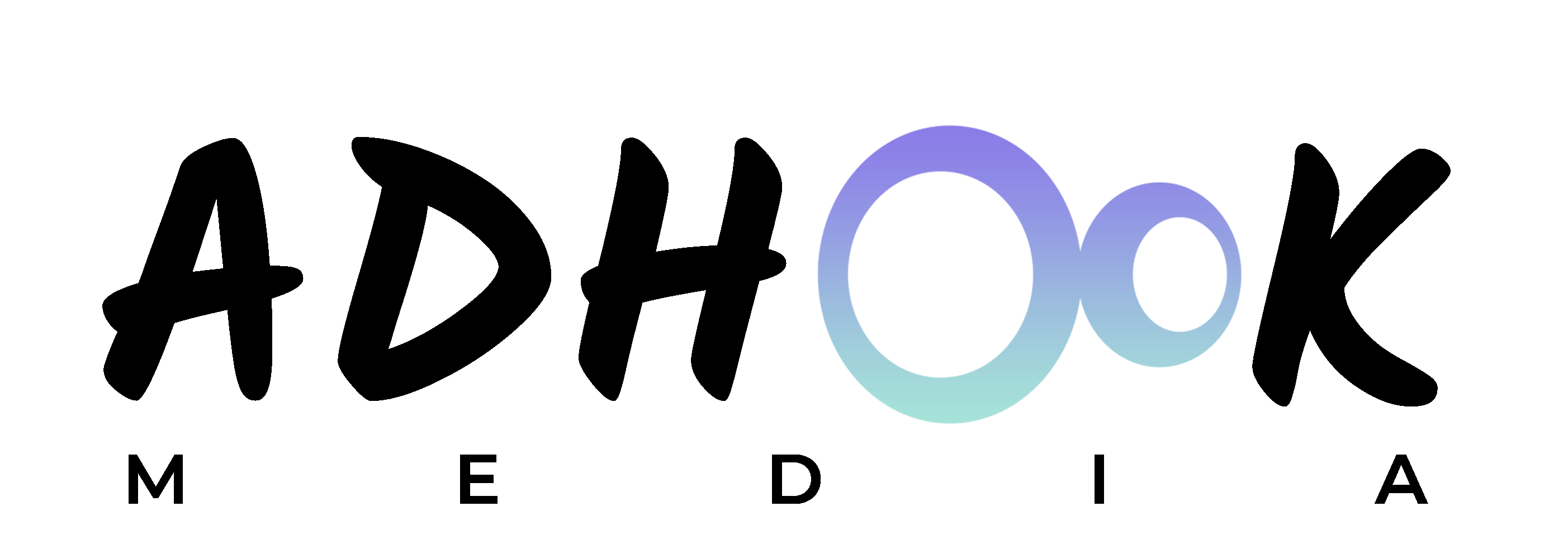Every website needs links as it is the backbone of every page. Links serve as a guide for visitors, helping them connect pages and access valuable information. All links are not similar. It is essential to understand the difference between internal links and external links for bloggers, digital business owners, and webpage owners who are looking to improve user experience and search engine visibility. These two different types of links serve various purposes, yet work together to make a website more engaging and useful.
What Are Internal Links?
Hyperlinks that connect one webpage to another page in the same domain are internal links only. For instance, when you link your homepage to your blog post, or when you link your service webpage to your contact page, these are the internal links. These links help the audience to get engaged with your website, and provide related useful information to them without going to another site.
Internal links help the search engines to understand your website structure better as well, without navigating the visitors around. These internal links help signal which pages are most important and relevant, and how they are connected, when you link your main page to the supporting content or article. Doing this will help to spread link equity, which is a kind of website ranking value which can help your website improve overall and top visibility in search results.
What Are External Links?
External links are such links that take you from your website to other entirely different websites. For example, you are using an external link when you refer to a new article, a product which belongs to another company, or a research study. These links are helpful as they provide extra information, your claims will be supported, and reputable sources can be cited.
Using external links can always add trust and credibility. And when you link to trusted websites, then your audience will see your given information as reliable. These links can also build credibility and connection with other websites, which can potentially bring referral traffic back to your website if they are linked to you.
Key Differences Between Internal and External Links
Internal links and external links are generally clickable paths, but they play different roles.
- Location: Internal links stay within your website, but external links take the visitor to another domain.
- Purpose: Internal links improve the structure of the website and also guide the users to pages which are relevant to their ideas, while external links provide additional information and references from third-party websites.
-
- Impact on SEO (Search Engine Optimisation): internal links distribute page authority across your website and improve the ranking. External links show search engines that can connect you to a good source, which will obviously build trust.
- User Experience: Internal links keep the users engaged for longer with your website. External links provide valuable information which can’t be provided directly.
Think of your website as a house, internal links are the doors between the rooms and external links are other doors leading to other houses; both the links matter, but they both serve different purposes.
To make these differences much clearer and precise, here is a comparison between the two links:
| Feature | Internal Links | External Links |
| Definition | Links pointing to another page within the same website/domain | Links pointing to a page on a different website/domain |
| Purpose | Guide users through your site, improve navigation | Provide additional information, references, or credibility |
| SEO Impact | Distributes page authority internally, improves site structure | Signals trustworthiness when linking to authoritative sources |
| User Experience | Keeps visitors engaged on your site | Offers extra value by connecting to relevant external content |
| Example | Homepage – Blog post, Product page – Contact page | Blog post linking to a news article, Study reference, External resource |
Conclusion
Internal links and external links are both important for a website to be valuable and informative. Internal links help the search engines to understand your website better and keep the users engaged with the valid information. External links add trust and credibility to your website by redirecting users to trusted sources. When these links are used wisely, they improve your website ranking and enhance user experience. Using these links is the best way to strengthen your online presence.
FAQs
- What are external links?
External links are the links which take the user from one website to another domain.
- What is the difference between internal links and external links?
Internal links are used to connect pages within the same website. External links are the links which connect your website to another website.
- What is the difference between link and external link?
A link is a hyperlink that can point to a page inside your website or to another website, while an external link is a specific link that directs the user from one website to another domain.


